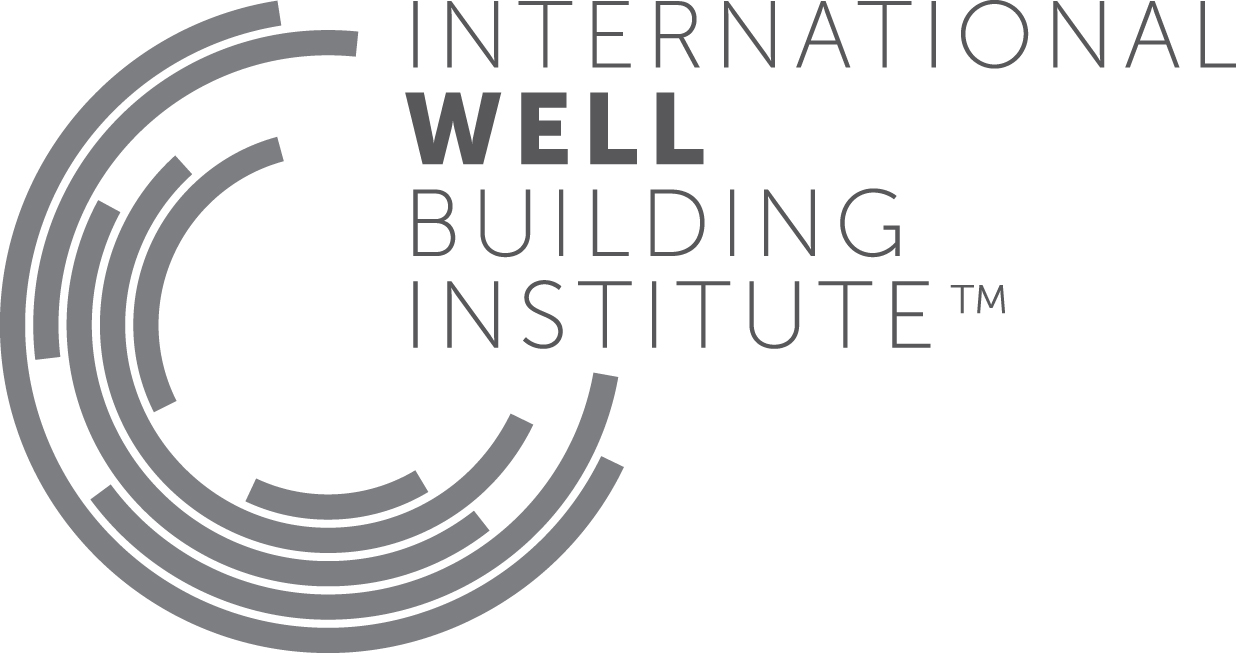Breaking It Down: SCOTUS Ruling, Sackett v. EPA
Supreme Court ruling limits Environmental Protection Agency’s (EPA) jurisdiction over management of wetlands, water pollution measures
By Liz Peters
A recent ruling by the Supreme Court of the United States (SCOTUS) curtails the power of the EPA to address wetland protection and pollution, limiting its scope in control over water pollution through the Clean Water Act.
With the already tenuous state of clean water globally, what does it all mean? What are the implications, near and long-term?
At issue in Sackett v. EPA was whether the wetlands on the Sackett family’s property constituted “waters of the United States” and considered “protected wetlands” under the Clean Water Act, the primary federal law in the United States governing water pollution. The majority opinion found that protection under the Clean Water Act applies to wetlands with “continuous surface connection”–or a form of interconnectivity. With the decision, the vast majority of wetlands in the United States — more than 100 million acres — are no longer protected. Four of the justices disagreed with this reasoning, finding the new test overly narrow and that adjacent wetlands covered by the act should also include wetlands near to but not connected.
The May 25 decision restricts the EPA and the Army Corps of Engineers from issuing new regulations, raising concerns about water quality and flood control impacts, with scores of wetlands no longer under the purview of the Clean Water Act.
This narrowed scope presents an opportunity for development on these land areas without being subject to the EPA’s regulation of the use of materials, chemicals or consideration of the immediate bodies of water. Earthjustice’s Director of Strategic Legal Advocacy Kirta Datla shared: “Why should you care? Wetlands are essential. They store water to prevent and mitigate floods, filter pollutants before they reach other bodies of water, support forestry, food and seafood production, and recreation, and more.”
All this can have a tremendous impact on the quality of the water we drink and public health at large, leaving a regulatory void.
Hear from experts in water safety and quality on the consequential ruling and the need for robust regulation:
Amy Cornelius, Founder, Sustainability Consultant, GreenBeams
Member of the IWBI Water Concept Advisory
“Water is precious and it is up to all of us to protect what we have for our health – not just people, but all the living things on the earth. Wetlands are key to protecting water. They not only store more carbon than rainforests. They also hold floodwater, minimizing erosion and storm damage, while trapping sediments and pollutants, cleansing the water as it is slowly released. Also, we all know that waters do not stop at state borders. Taking away the federal standard will result in a mishmash of protection as states go in different regulatory directions, which will lead to more pollution running downstream from newly deregulated wetlands and streams.”
Matt Howard, Vice President, Water Stewardship, The Water Council
Member of the IWBI Water Concept Advisory
“While the Supreme Court ruling is disappointing and seems to ignore the emerging science on how wetlands interconnect with other water bodies, this process raises a bigger question. That is, how much longer can we wait until comprehensive updates are made to the Clean Water Act? It’s been just over 30 years since its passage and watershed conditions, emerging contaminants, and the science of surface and groundwater connections have changed. Let’s use this setback to ignite broad-based improvements to our federal water laws. And while we’re at, develop a national water strategy to mitigate against these types of setbacks in the future.”
Rodolfo Perez, Ph.D., IWBI’s Senior Director, Standard Development, Water and Materials Concept Lead
“Nature repeatedly tells us that resources are interconnected. Wetlands act like buffers to hold stormwater and discharge water to surface streams and ground wells. Eventually, this water may make it to our taps. As wetland management undoubtedly impacts our water quality, effective water governance should strive to become as integrated as possible to be truly sustainable and to promote people’s health.
At IWBI, we know water is a critical resource for our health and well-being–and its preservation is compulsory to it remaining clean, fresh and accessible.”
View original content here.






